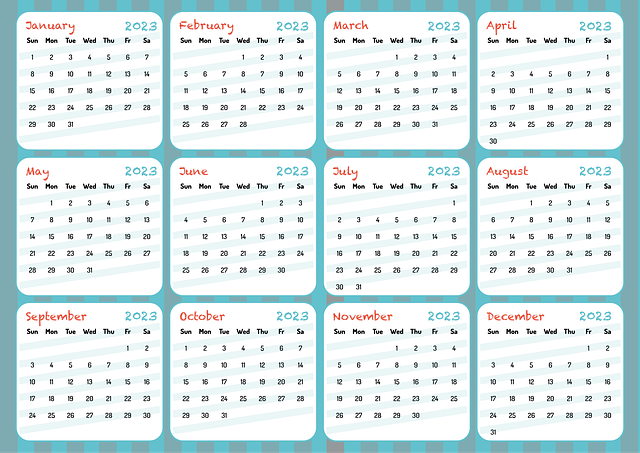TL;DR: Event planning for local businesses focuses on setting clear objectives like generating leads, forming partnerships, or building community. Goals guide every aspect of event design and follow-up, with structured activities fostering valuable relationships. Defining goals and understanding target audience needs – be it young entrepreneurs or established business owners – is crucial for successful networking events tailored to specific industries, ensuring higher engagement and continuous participation.
Networking events, when efficiently planned, can be a game-changer for local businesses. This article guides you through the art of strategic planning with actionable steps and SEO-focused insights tailored for local business owners. From setting clear objectives like defining target audiences and establishing measurable outcomes, to promoting the event effectively and fostering engaging interactions, every detail matters. Discover how seamless execution can transform your networking efforts into meaningful connections that drive business growth.
- Setting Clear Objectives
- – Defining the goals of the networking event
- – Identifying target audiences and their needs
Setting Clear Objectives

When planning networking events for local businesses, setting clear objectives is paramount. It’s not just about gathering folks in a room; it’s about cultivating meaningful connections and achieving tangible outcomes that benefit both participants and the hosting business. Define what success looks like beforehand – is it generating new leads, expanding industry partnerships, or fostering community within your niche? These goals will guide every facet of event design, from inviting relevant attendees to selecting an engaging format that encourages interaction and knowledge exchange.
Event planning for local businesses requires a strategic approach. By aligning the event’s structure with established objectives, you ensure a focused environment where valuable relationships can form. This might include structured networking activities like speed mentoring or roundtable discussions, allowing participants to delve into specific topics relevant to their interests and professions. Clear objectives also enable effective follow-up after the event, ensuring that connections made translate into concrete actions.
– Defining the goals of the networking event

When planning a networking event for local businesses, defining clear goals is the first step to ensuring its success. These goals should be tailored to meet the objectives of both the hosts and attendees. For business owners, the primary goal might be to establish new partnerships, gain insights into industry trends, or recruit potential employees. In contrast, professionals attending the event may aim to expand their professional network, learn about career opportunities, or simply stay updated with local business developments.
A well-defined goal will guide the entire planning process, from choosing an appropriate venue and creating a guest list to designing engaging activities and presentations. For instance, if the focus is on fostering partnerships, the event could include structured networking sessions and industry-specific workshops aimed at facilitating meaningful connections between local businesses. Event Planning for Local Businesses should thus begin with this critical step to create a meaningful and productive gathering.
– Identifying target audiences and their needs

When planning networking events for local businesses, a crucial step is identifying the target audience and their unique needs. This involves understanding the demographics, interests, and challenges faced by potential attendees. For instance, a tech startup event might attract young entrepreneurs seeking funding opportunities, while a networking meetup for established businesses could draw owners looking to expand their industry connections. By catering to these specific requirements, organizers can ensure higher engagement and relevance, fostering meaningful interactions.
Event planners should also consider the preferences of local business communities. This may include incorporating themes or formats that resonate with them, such as informal roundtable discussions or structured speed-networking sessions. Tailoring the event experience not only attracts a larger crowd but also leaves a lasting impression, encouraging continuous participation in future networking initiatives for Event Planning for Local Businesses.
Efficient networking events are a powerful tool for local businesses to connect, grow, and thrive. By setting clear objectives, defining target audiences, and tailoring interactions to meet their needs, event planners can create meaningful connections that foster long-term success. Incorporating these strategies into your event planning for local businesses will ensure a well-organized, productive, and memorable gathering.
